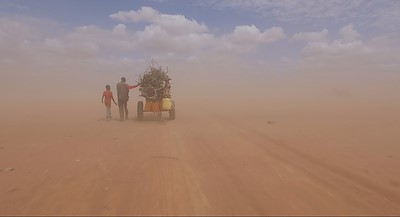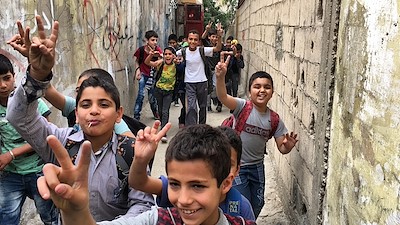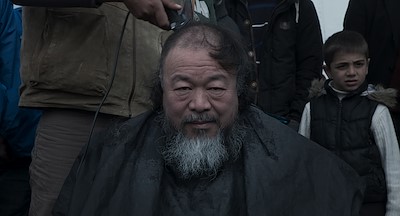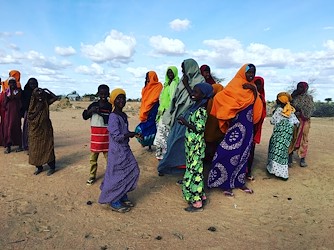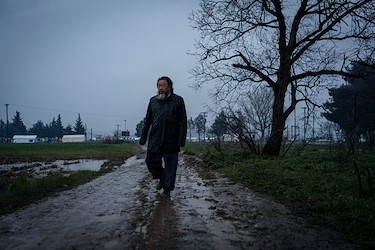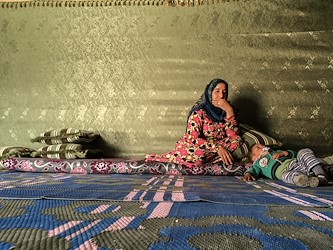Human Flow
Ai Weiwei, Deutschland, USA, 2017o
Mehr als 65 Millionen Menschen weltweit sind gezwungen, wegen Hunger, Krieg und Vertreibung ihre Heimat zu verlassen. Human Flow ist eine persönliche Reise, ein Versuch den Zustand der Menschlichkeit heutzutage zu erfassen. Der Regisseur, der chinesische Künstler Ai Weiwei, lebt selbst im Exil und hat ein Jahr lang Camps, Heime und Lager an den unterschiedlichsten Orten der Welt besucht.
Weiwei’s approach is clearly not to furnish political explanations, still less political solutions – although these are touched on towards the end of the film – but rather to make the leap of empathy, to understand what being a migrant is like in human terms.
Peter BradshawAi uses staggering landscape shots and dynamic low-angle compositions to frame his subjects against great expanses of sky, and when he shoots people in close-up, he excludes almost anything that might distract from their faces or bodies, rendering them monumental. The effect of this large-scale imagery is twofold: It conveys the immense number of human beings that have been displaced in the 2010s—as many, if not more, according to the United Nations High Commissioner for Refugees, than the number of people displaced by World War II. Moreover, the imagery encourages viewers to adopt a global perspective in considering the subject matter.
Ben SachsLe film peut paraître décousu : Ai Weiwei n’a pas de message à délivrer, il rappelle simplement de manière directe, affolante et belle, que tout être humain a le droit de migrer et d’être accueilli, mais que ce droit fondamental est bafoué. Tout près de nous, dans notre village global.
Jacques MoriceGalerieo
